Go on exchange in Argentina: Enters the room, takes five minutes to cheek kiss everyone
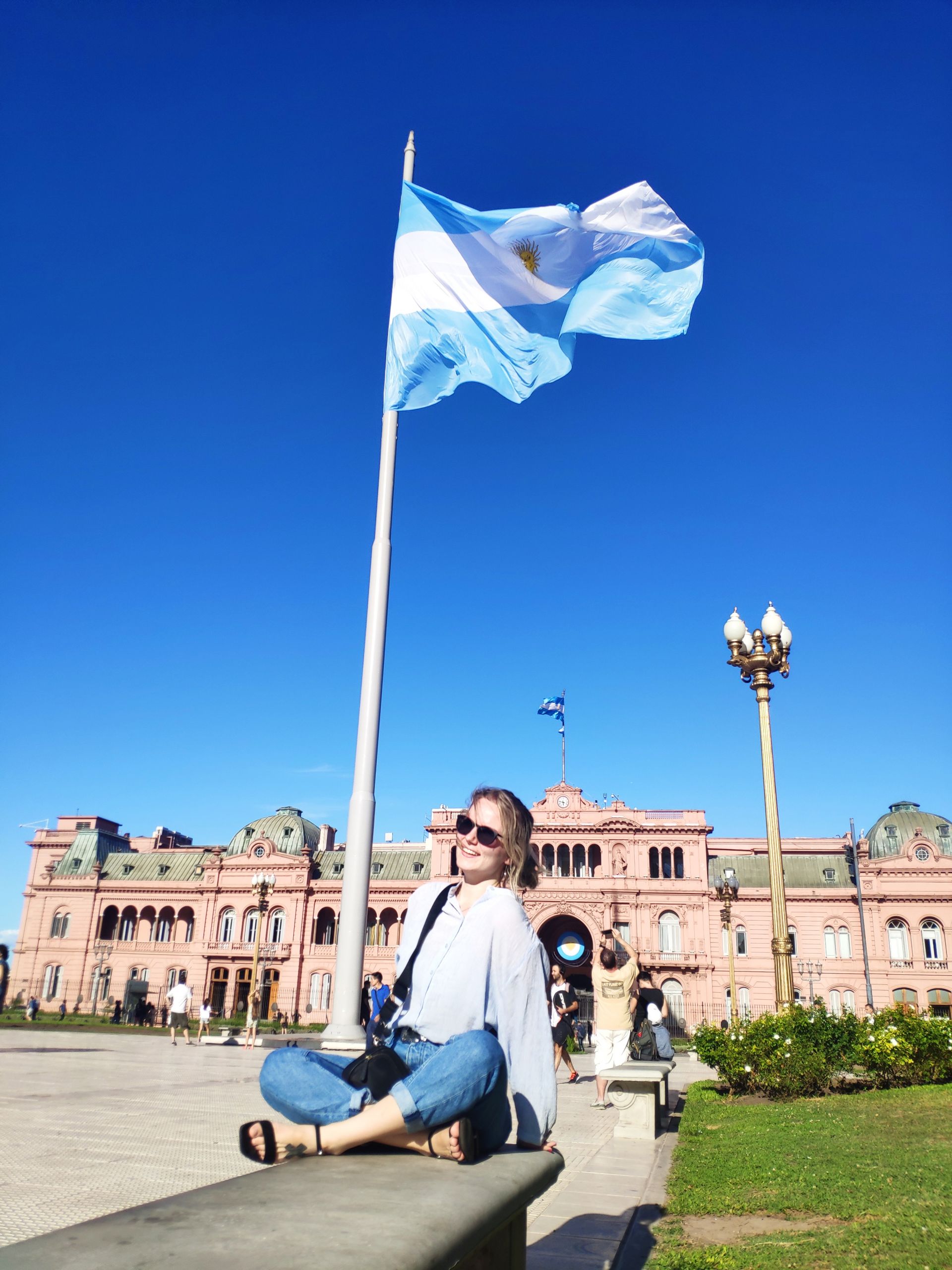
(Photo by Luisa Gonzalez Boa)
Hey, it’s me, reporting from Buenos Aires now! I believe I should get an official title of “master of packing everything I owe and moving to the other side of the world”, as this is my fifth time doing it. Hit me up for some packing tips! I can assure you no one knows better how to roll your jeans so they occupy the least space possible.
But enough about suitcases, let’s talk romance.
Affection:
I never truly understood why in some countries you need to greet people with kisses (one, two, three…), maybe it’s my Scandinavian side speaking. I enjoy handshakes and even awkward hugs more – but wherever you go, do as the locals do, right?
From my past month of personal experience, the way to show affection is the biggest difference I see in comparison with Denmark. I am used to handshakes, to brief eye-contact and nodding the head acknowledging that someone has entered the room, and in the last stance, hugs – whether awkward hugs because you are at the stage where you are acquaintances but not friends yet, or the sincere hug of “can’t wait to meet next time!”.
But here they kiss. Everyone.
One kiss on the cheek to say hi and again to say goodbye – and you need to kiss everyone you meet. This, of course, makes goodbyes very long.
So when you arrive in Argentina, be ready to step out of your comfort zone, push your “personal space” boundaries typical of Scandinavian countries and immerse yourself in the new culture of kissing and hugging!
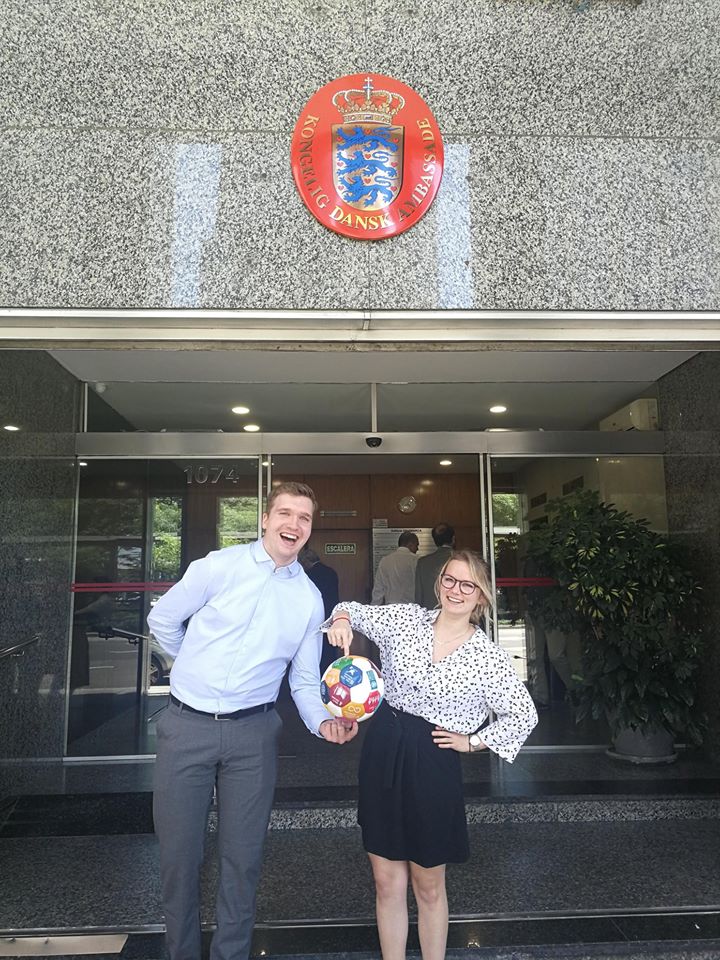
(Photo by Luisa Gonzalez Boa)
The people:
It is rather common that wherever we are in a foreign country, we tend to hang out with other foreigners, looking for a feeling of mutual understanding of each other’s struggles in the new culture and sharing the excitement over the small new things. However, I am lucky here, as I have managed to make local friends!
This is allowing me to understand the culture much better, to learn things you don’t learn in Lonely Planet guides. And I obviously asked them what do they think of Danes and what are the biggest differences between the two cultures? Here is what I found out!
They think Danes aren’t as open as Argentinians when you first meet them, but that once you get to know them better and they begin to trust you, you have a friend for life! What does this mean for you?
Again, stepping out of your comfort zone! Come here, meet the locals, you will meet a thousand people who are always ready to party or to show you a good time and you will make a fewer amount of friends but if you let them in, they are very nice outgoing people who you can always count on.
But they gave me a special tip: they say Danes tend to trust everyone too quickly and while it’s true that Danish society is built on trust, it isn’t the same over here – so be open-minded but use your judgement right.
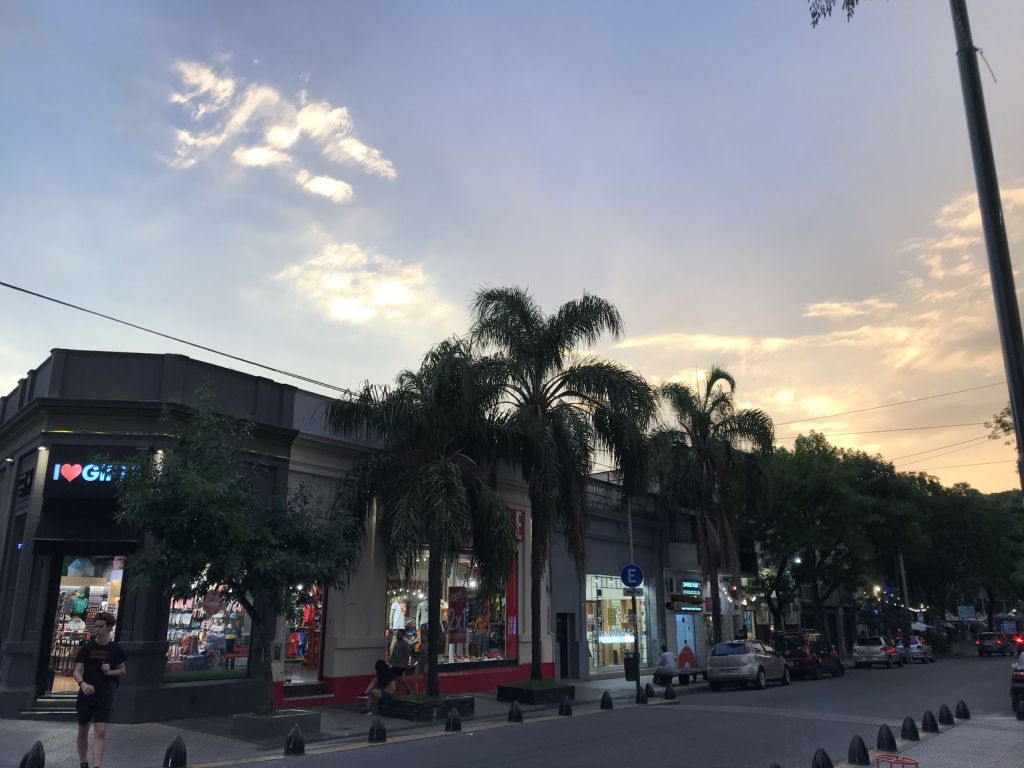
Street in Palermo. (Photo by Luisa Gonzalez Boa)
And last, get ready to be late. Not only for social gathering but in the working place too. You might think you have a meeting at 9, but in reality, 9 is when you should start leaving the office. And the same goes for social gatherings, if you agreed to meet at 22.00, start showering at 22.05.
The language:
I am a native Spanish speaker. This has, of course, made many things much easier when it comes to speaking to locals. However, there are new words that I have never heard of, and words that in Spain mean something completely different.
Just to give an example (a useful one!) the most common one is coger. Coger in Spain is the action of taking/grabbing/catching something. And we use it for everything: for catching the bus, for grabbing a coffee… But in Argentina, this means “to have sex with”. So you can understand the laughs the first day at work when I said I learnt how to “coger el café”.
It’s been a month and I have yet to get used to replacement words for this verb, but I can say that out of the 20 times I think about a sentence I want to say with coger, about 15 of them I realize it’s wrong and replace the verb in time. Wish me luck! – and if you are learning Spanish, you have probably come across this verb, remember not to use it here.
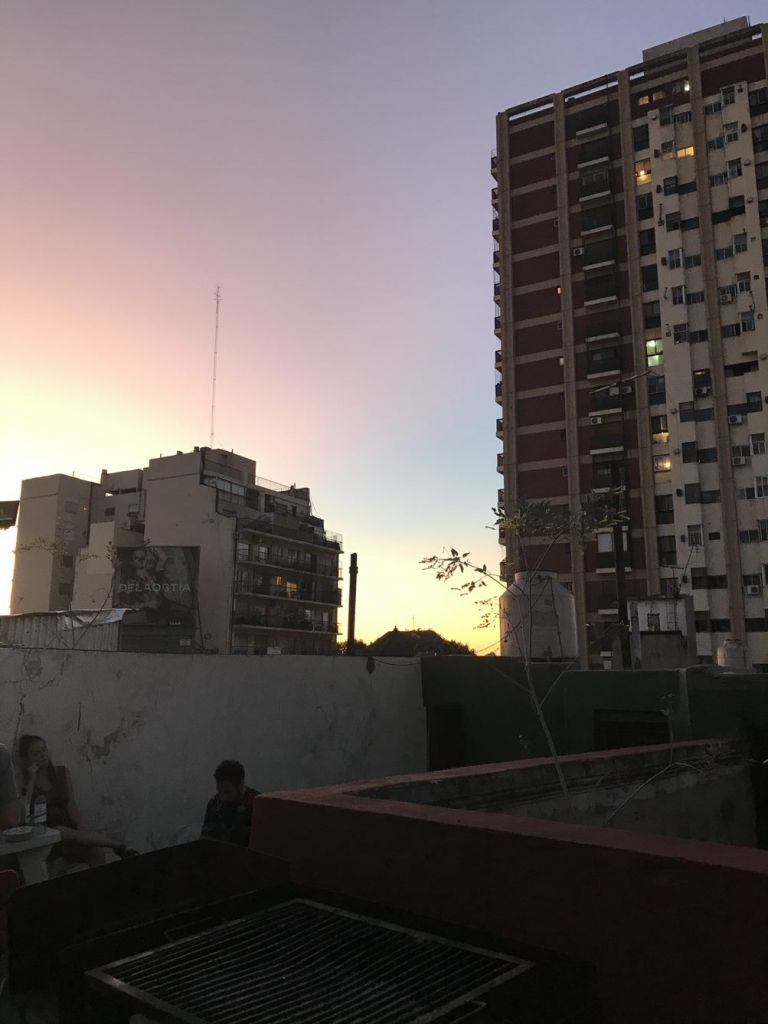
(Photo by Luisa Gonzalez Boa)
Security:
Haven’t we all heard how dangerous Latin America is, at least once in our lives? Because I have. From Mexico to Argentina. And it was also something everyone kept repeating to me when I told people that I was moving here. And, in all honesty, it made me paranoid.
Nonetheless, if you are careful and you know the areas to avoid (as in nearly every big city in the world), this won’t be a problem. There is no point in living in fear of going to the supermarket. So don’t let fear stop you from coming to this country!
This is the end of my first post from Argentina. After a month here, I have come to realize that home is where I feel safe and loved. I don’t have the pressure of defining home. Home was and is everywhere. I had a home in Málaga, in Copenhagen, in Beijing, in Bangkok and now I have a home in Buenos Aires!
PS: Fun Fact
Argentinians think it is weird when Danes are barefoot at the office! But come on, what’s more important than comfy feet while sitting at a desk for 8 hours?!

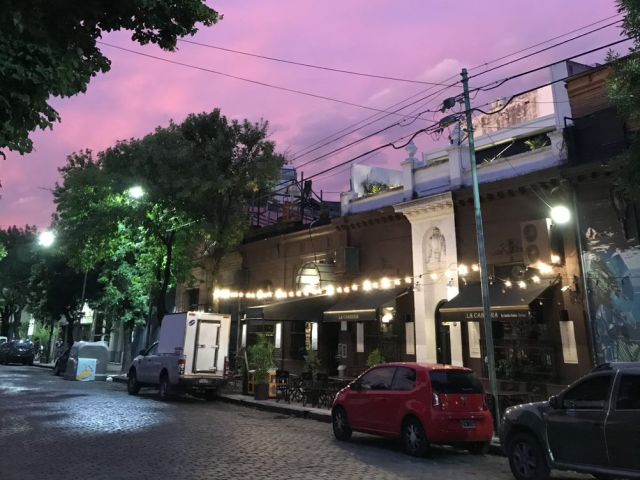



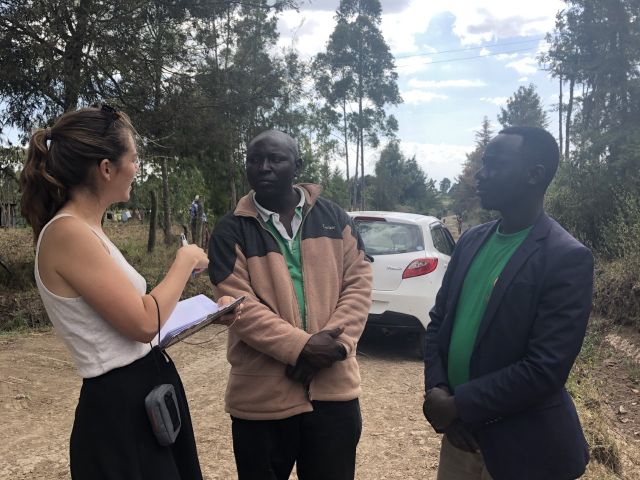
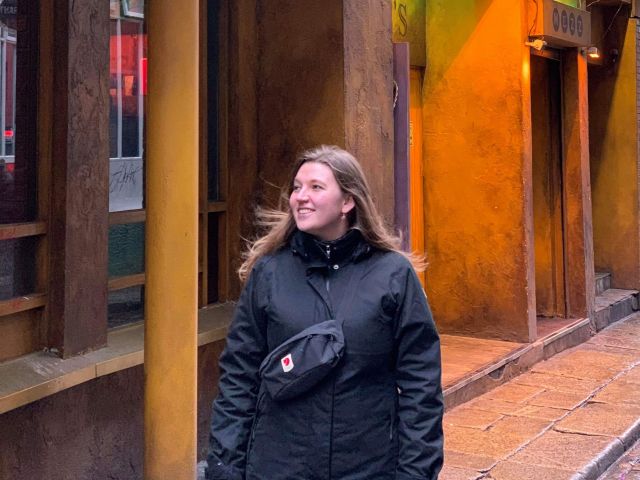




























































































































Comments